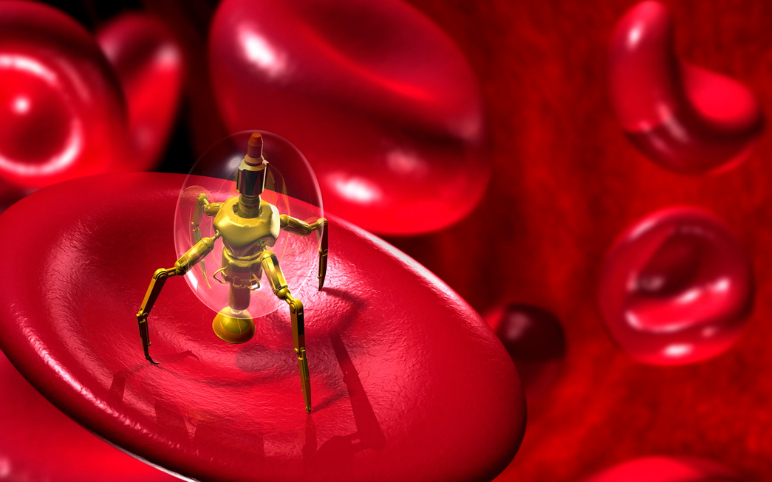Gene therapy is a technique that involves replacing, inactivating, or adding a new gene to treat or prevent a disease. The science of GENE THERAPY involves the DNA-based changes in genetic material so that the gene can transcribe a healthy protein. In the past, there has been no success in designing any gene therapies to treat any disease effectively. But recent years saw a boost in the advancements in this area. Recent clinical breakthroughs in the field of Gene therapy have given a new ray of hope to the patients suffering from cancer, retinal disease, haemophilia, neurodegenerative conditions, and other diseases. The U.S. Food and Drug Administration (FDA), over past years, has approved many gene therapy products to treat types of cancer and overcome vision loss.
GENE THERAPY IN ONCOLOGY
In Oncology, there exists only three marketed Gene Therapy products Oncorine (marketed in 2006), Provenge (2010) and Imlygic (marketed in 2015) which have been manufactured so far. Kymriah and Yescarta, are the two other therapies approved by the FDA to fight cancer termed as CAR-T therapy. Kymriah treats a bone marrow cancer and Yescarta-a type of lymphoma. Numerous targets or genes, such as CD4 + / CD8 + cells (Axalimogene filolisbac), thymidine kinase (Pexa-Vec) are under research that might hold the potential to targets cancer when redesigned using Gene therapy.
Provenge (sipuleucel-T) is the first, and the only FDA approved, personalised (an autologous) cellular immunotherapy, indicated for the treatment of asymptomatic or minimally symptomatic metastatic castrate resistant (hormone refractory) prostate cancer.This ‘somatic cell therapy product’ marketed by Dendron Corporation, in 2017 acquired by SanPower.
As per DelveInsight’s analysis, the pipeline of gene therapy in cancer appears to be very strong with a total of 47 products in development. Out of these, around 11% products are in Phase III, 43% are in Phase II, 11% are in Phase I, and 17% of the therapies are given IND (Investigational New Drug) status, and around 19% of the gene therapies are still in pre-clinical and discovery stages. Advantagene and Advaxis are the two companies that are leading with their products in the phase III development phase. The highest number of Gene therapy clinical products for cancer is with Takara Bio (three products), and the largest number of non-clinical products is with CZ Biomed (eight products). Advaxis (also known asADXS11-001 (Attenuated Live Listeria Encoding HPV 16 E7 Vaccine) is in various stages of development for the treatment of High-risk locally advanced Cervical Cancer, Persistent or Recurrent Metastatic (Squamous or Non-Squamous Cell) Carcinoma and HPV-associated locally Advanced Anal Cancer.
Gene therapy had its ups and downs, but it sailed through all the tough times. Scientists believe Gene therapy to be a one-shot solution. Because it does not treat just the symptoms but eliminates the disease from the roots. With the rise in acceptance of Gene Therapy as a treatment tool, it sure holds a promising future. Although with the challenges and risk associated, it remains a risky domain.



